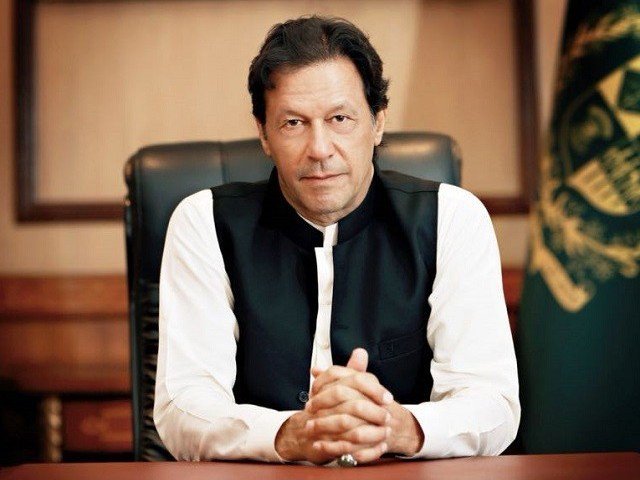
“In the Middle East, we will like (to play a) reconciliatory role to bring the Muslim world together. This will be our main effort. In Yemen too, we will, if required, play a positive role to end this conflict,” the PM said in an interview with the Al Arabiya news channel.
He was responding to a question about how Pakistan could position itself in the Middle East and the Islamic arena and how could Saudi Arabia and Pakistan work together to combat terrorism and restore peace internationally.
“We assure our support for the Saudi government but at the same time we feel it is very important that there should not be any conflict in the Muslim world. Already, the Muslim world has (festering) issues in Libya, Somalia, Syria, Afghanistan … Pakistan has already suffered a lot. Conflicts in the Muslim world are weakening us all. Pakistan would like to play a role to put out these fires through reconciliation,” he said.
When asked about Pakistan’s response to the issue of Houthi militias targeting Saudi Arabia, the prime minister said that he did not believe in the efficacy of a military solution to any conflict.
According to him, every conflict had a political solution, asserting that Pakistan would not allow anyone to attack Saudi Arabia.
“This is a stated position of all our governments … We will not allow anyone to attack Saudi Arabia. We will stand by Saudi Arabia. But I can just say one thing: All conflicts can be resolved through dialogue. Look at Afghanistan, the conflict in Afghanistan has dragged on for 16 years. We were branded as pro-Taliban and Taliban Khan, but now everyone realizes that there is only one solution in Afghanistan and that is political solution.”
Stressing the need for ensuring peace in the Middle East, the PM said that witnessing discord among Muslim nation was too distressing.
Pakistan, he said, wanted to assure the people of Saudi Arabia that the country would always stand by them just as “Saudi Arabia stood by us in bad times”.
“We will always stand by Saudi Arabia in difficult times,” PM said.
Answering a question about his government’s proactive foreign policy and its impact on the geopolitical scenario, Imran Khan said that Pakistan already had a very good relationship with China.
“We need good relationships with Afghanistan and India too. We have made overtures to both (countries) … We want to develop our relations with both Afghanistan and India. A relationship based on mutual trust. Unfortunately this is what has been missing.”
He said Pakistan, India and Afghanistan had different points of view…there was a trust deficit. “This is why Pakistan wants to build relationships based on mutual trust.”
Pakistan, he said, wanted good ties with all its neighbours, including Iran.
Elaborating upon the possibility of Saudi Arabia’s investment in China-Pakistan Economic Corridor (CPEC) projects, the PM said that CPEC was one of the greatest opportunities, allowing everyone to invest in Pakistan.
“CPEC connects Pakistan (with) China and along the way, there will be industrial zones which will be great opportunity for people to invest. … Once peace is restored in Afghanistan, the same road will connect Pakistan with Central Asia, because CPEC can go through Afghanistan to Central Asia. So this whole area is where the future is, I mean huge markets and … when (our) relationship improves with India, you (also) have (access to) huge market there too,” he said.
PM also discussed the reasons for visiting Saudi Arabia on a priority basis and challenges confronting Pakistan because of bad governance of previous governments and corruption.

1732071267-0/lana-(2)1732071267-0-165x106.webp)
1727242355-0/Diddy-(1)1727242355-0-165x106.webp)

1732063440-0/elon-(3)1732063440-0-165x106.webp)



1732080054-1/Copy-of-Untitled-(48)1732080054-1-270x192.webp)








COMMENTS (1)
Comments are moderated and generally will be posted if they are on-topic and not abusive.
For more information, please see our Comments FAQ